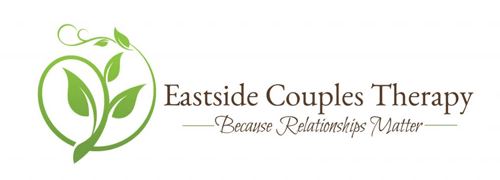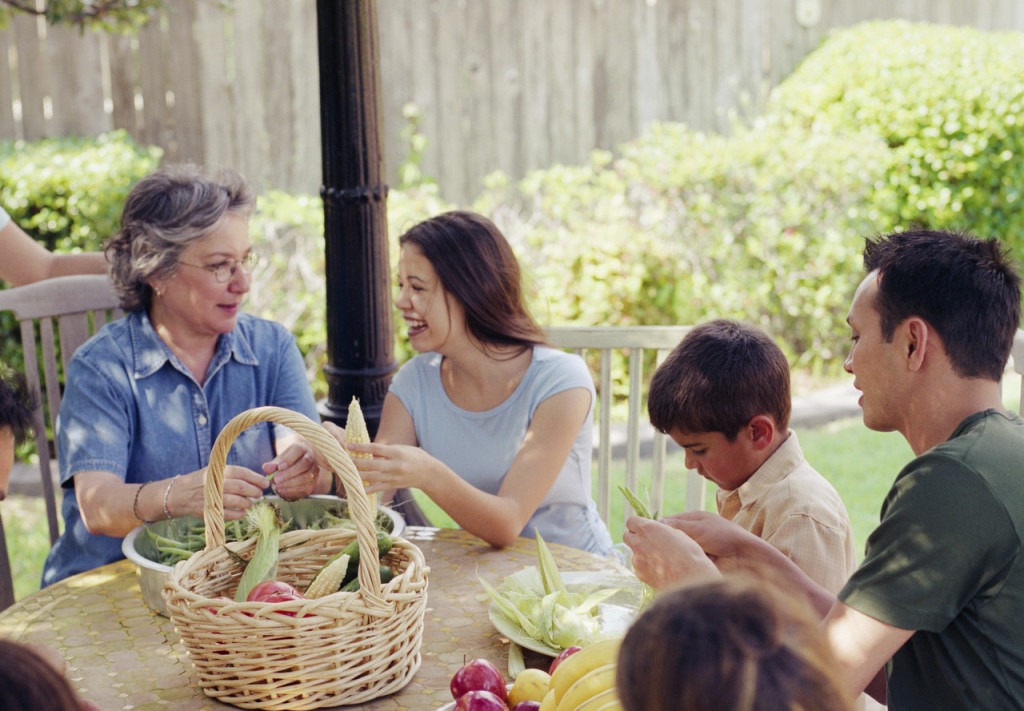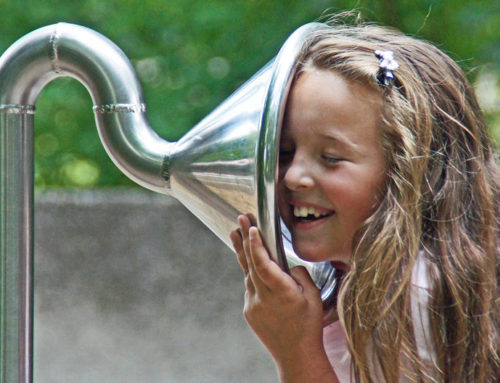Author: Jennifer S. Kennett
I recently lamented to a friend of mine about my challenges starting a parenting blog. “I’d be a better parenting blogger if my 14-year-old would just misbehave a little more!” Needless to say, my friend howled with laughter at my comment—I mean, who *wants* their teenager to act up more?!
I guess it was kind of ridiculous to want a more challenging teenager just so I have fodder for my writing. And it’s not like my teen never annoys me or pushes my buttons. It’s just that she is pretty even-tempered, reasonable, and we have very open communication between us. Both my kids are pretty easy to parent, and while I generally think I won the genetic lotto jackpot, I think some of it can actually be chalked up to—gasp—my parenting.
My parenting starts with a philosophical foundation which comes from my own mother, who was an early childhood educator when I was a child. In 1976, she wrote an essay entitled “The Accepting Relationship”. The introductory paragraph is the best summation of the parenting philosophy that both she and I share.
To accept another is to approve of who he is, not of what he does or has. To accept someone is to appreciate the worth of his being, even when you disapprove of his acts, disagree with his opinions, or dislike his feelings. It is to act in a way that validates his being, that says ‘you are OK’, that allows him to feel his own real feelings and to control whatever is his to control. To accept another is to trust in his capacity for growth and to act so as to nurture his potentialities and facilitate his development.
I have built upon this foundation with a knowledge of child development. I happened to have learned some of this from my university education, but it also came from reading parenting books and seeking out the advice of other parents. From there, I added some specific and conscious parenting strategies.
First, I kept my end goal in mind – since I wanted to end up with self-aware, self-confident and self-reliant young adults, I looked for opportunities for them to practice being these things. As a result, I offered my children developmentally appropriate choices whenever possible. Clearly, asking my four year old to decide when she wanted to go to bed would not have been developmentally appropriate (despite the fact she probably would have loved the chance to stay up until all hours). And when things didn’t work out the way my children wanted them to, instead of lecturing them, telling them what went wrong, or telling them why they messed up, I asked them questions. I call it parenting by the Socratic Method. It’s amazing how much more powerful it is for our children to put into their own words what went wrong. Suddenly they have ownership over not only their successes, but their mistakes. By giving my child choices, I am trusting my child’s capacity for growth.
Second, I took every opportunity to celebrate the unique and special qualities of my child. I don’t mean that I praised my child for her natural skills as much as I shared my *reaction* to her skills. A child hears “You are a great dancer” differently than she hears “I really enjoyed your ballet performance”. It also meant that I respected and honored my child’s sense of self, even if it didn’t always match my own. When my daughter was 11, she announced that she wanted to be a mathematician. Instead of assessing the practicality of her choice, I asked her about what she imagined being a mathematician would be like for her. I shared in her excitement and entered into her fantasy world without judgment or identifying the possible roadblocks. It seemed unfair to point out all the ways in which being a mathematician might not fit my vision of who she would become. Celebrating my child is my way of nurturing her potentialities.
Third, I maintained a genuine curiosity about my child’s experience and her intentions. I tried to keep empathy at the forefront. I reminded myself that the world can be a confusing and scary place for someone who doesn’t have experience or abstract reasoning. It’s important to keep asking myself, “How is her experience right now affecting her ability to feel safe and secure? What can I do to ensure that she knows that she is loved, trusted and accepted?” And when she behaves in ways that are outside my values and expectations, I ask myself, “What is her intention right now? Did she *mean* to say or do something hurtful? Is this a case of she is feeling defensive/threatened/etc. or does she lack experience/awareness of how her words or actions may be received?” By keeping my child’s experience in mind, I think I am more likely to identify the underlying why of her behavior in the here and now. It means I am less likely to ascribe character traits to specific situations. In other words, I am less likely to use phrases such as “You always…” and “You never”. Being curious means I am appreciating the worth of my daughter’s being.
Now that my daughters are teenagers, I have started thinking about what they may consider to be the essential ingredients in a good parenting recipe. How will they look back on their experience as children? Will they agree with my essential parenting ingredients? What about you? What are your essential parenting ingredients? Please share in the comments below.






